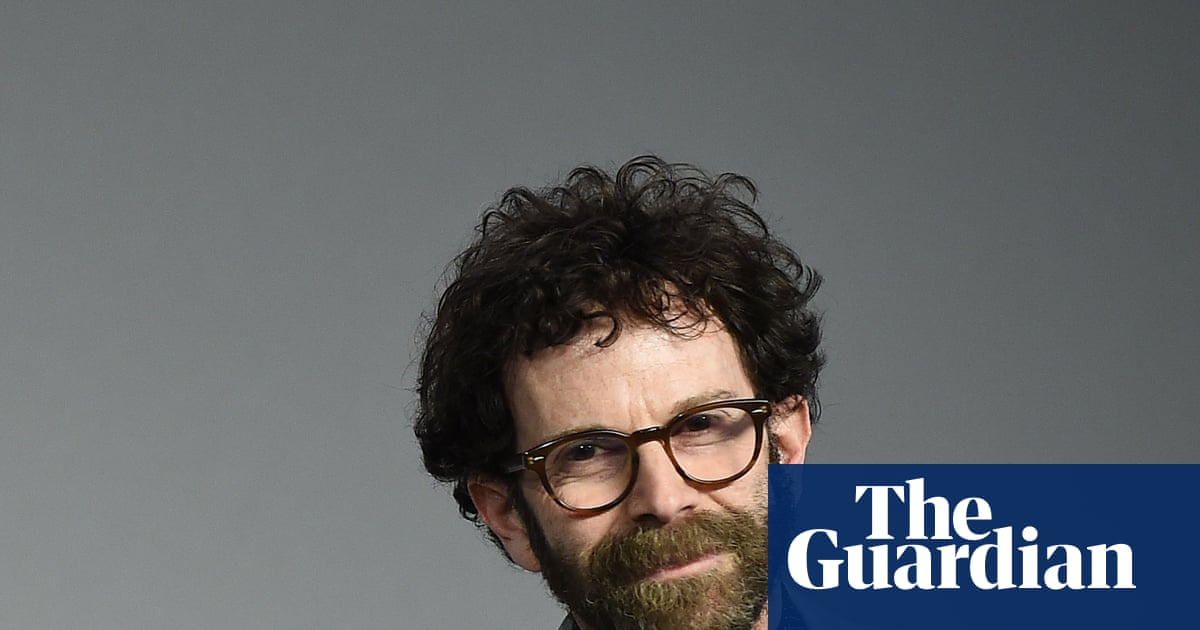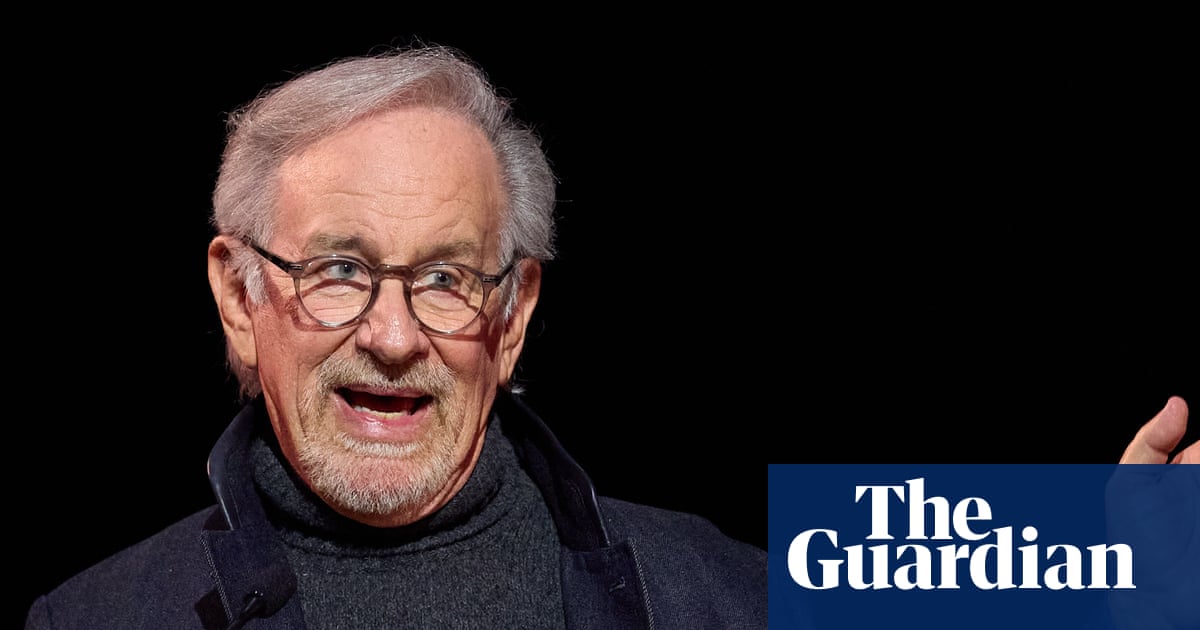Science is under siege.
On Friday evening, the White House released an executive order called Restoring Gold Standard Science. At face value, this order promises a commitment to federally funded research that is “transparent, rigorous, and impactful” and policy that is informed by “the most credible, reliable, and impartial scientific evidence available”. But hidden beneath the scientific rhetoric is a plan that would destroy scientific independence in the US by giving political appointees the latitude to dismiss entire bodies of research and punish researchers who fail to fall in line with the current administration’s objectives. In other words: this is Fool’s-Gold Standard Science.
According to the order, “Gold Standard Science means science conducted in a manner that is:
(i) reproducible;
(ii) transparent;
(iii) communicative of error and uncertainty;
(iv) collaborative and interdisciplinary;
(v) skeptical of its findings and assumptions;
(vi) structured for falsifiability of hypotheses;
(vii) subject to unbiased peer review;
(viii) accepting of negative results as positive outcomes; and
(ix) without conflicts of interest.”
The order mimics the language of an active reform movement in science to increase rigor and transparency of research – a movement commonly called the open science movement, to which some of us are contributors. Science is, by nature, a continuous work in progress; constantly self-scrutinized and always looking for opportunities to improve. We should all be able to celebrate any administration’s investment in improving the openness, integrity, and reproducibility of research.
But, with this executive order, we cannot.
Instead of being about open science, it grants administration-aligned political appointees the power to designate any research as scientific misconduct based on their own “judgment” and includes the power to punish the scientists involved accordingly; this would weaponize government counter to the public interest.
The consequences of state-dictated science can be catastrophic. When Trofim Lysenko, a researcher who denied the reality of genetic inheritance and natural selection, won favor with Joseph Stalin and took control of agriculture in the Soviet Union, thousands of scientists who disagreed with him were fired, imprisoned, or killed. His disastrous agricultural prescriptions ultimately led to famines that killed millions in the USSR and in China.
Science does not proceed by sequentially establishing unassailable conclusions, but rather by steadily accumulating numerous lines of evidence, scrutinizing its weaknesses, and pursuing additional evidence. Almost any study, any source of evidence, any conclusion, falls short of meeting every aspect of the White House’s list of best practices. This has nothing to do with laziness, let alone misconduct by individual scientists; it’s simply a consequence of the fact that science is difficult. Scientists constantly grapple with uncertainty, and nevertheless can ultimately arrive at robust, valid conclusions, such as the fact that vaccines do not cause autism, and that the burning of fossil fuels is warming the planet and wreaking havoc on our climate.
Under the terms of the executive order, political appointees loyal to the president can willfully find justification to label any research finding as scientific misconduct, and then penalize the researchers involved accordingly. This administration has already appropriated the language of open science to assert control over and deal heavy blows to the scientific ecosystem of the United States – including cancelling thousands of active research grants in climate science, misinformation and disinformation, vaccines, mental health, women’s health, LGBTQ+ health, and stem education. Calls to “revisit” decades of work that establish vaccine safety beyond a shadow of a doubt “because the only way you can get good science is through replication”, and demands for unethical vaccine clinical trial practices and additional data, further echo the bad-faith adoption of open science language.
Trump has also advanced a congressional budget calling for massive cuts to federal spending on research and development and levied significant retaliation against universities that have not fallen in line with his demands. He has gone so far as to propose a rule change by the office of personnel management that would install policy police at all levels of federal agencies, converting thousands of employees into presidential appointees who can be summarily fired without due process for any arbitrary political reason. This new executive order raises the concern that many of our best scientists would be targeted in Lysenkoist purges. Meanwhile, the threat of such actions is already having a chilling effect on all scientists.
Science is the most important long-term investment for humanity. Interference in the scientific process by political arbiters stifles scientists’ freedom of speech and thought. Science depends on unfettered speech – free and continuous discussion of data and ideas. We, like the rest of the scientific community, aspire to achieve greater openness, integrity, and reproducibility of research to accelerate discovery, advance treatments, and foster solutions to meet society’s greatest challenges. Meeting that objective will not occur by centralizing power over science and scientists according to the whims of any political administration. We see this executive order for what it is: an attempt to sell America’s future for pyrite.
-
Colette Delawalla is a PhD candidate at Emory University and executive director of Stand Up for Science. Victor Ambros is a 2024 Nobel laureate in physiology or medicine at the Chan Medical School, University of Massachusetts. Carl Bergstrom is professor of biology at the University of Washington. Carol Greider is a 2009 Nobel laureate in medicine and distinguished professor at the University of California, Santa Cruz. Michael Mann is the presidential distinguished professor of earth and environmental science and director of the center for science, sustainability, and the media at the University of Pennsylvania. Brian Nosek is executive director of the Center for Open Science and professor of psychology at the University of Virginia

 3 months ago
79
3 months ago
79

















































